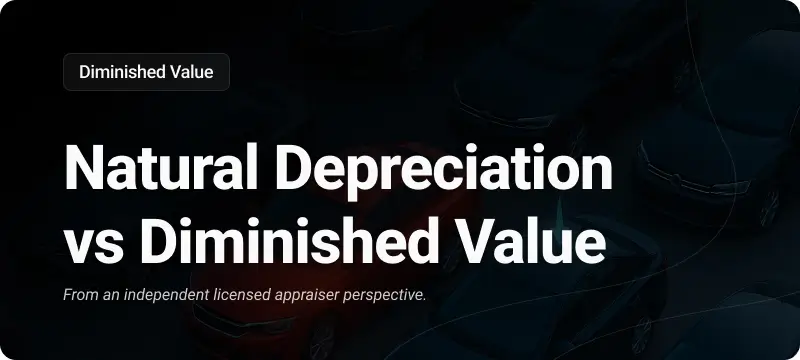Used Car Sales Drops to its Lowest Level in Nearly a Decade (PDF)
As a result of volatile economic conditions and consumers’ concerns about affordability, used vehicle sales in 2022 fell to their lowest levels in nearly a decade.
Used-vehicle sales in the past decade
| Year | Overall | Retail |
|---|---|---|
| 2022 | 36,200,000 | 19,100,000 |
| 2021 | 40,552,577 | 21,196,846 |
| 2020 | 37,305,877 | 19,824,345 |
| 2019 | 39,966,172 | 20,942,274 |
| 2018 | 39,428,579 | 19,596,004 |
| 2017 | 39,399,875 | 19,345,339 |
| 2016 | 38,602,178 | 18,336,035 |
| 2015 | 38,023,344 | 17,604,808 |
| 2014 | 36,664,097 | 16,462,180 |
| 2013 | 35,815,352 | 15,794,570 |
Despite a slight recovery in wholesale used vehicle prices in December, Cox Automotive forecasters predict wholesale prices will continue to decline this year.

The number of used cars and trucks sold in the U.S. last year dropped to an estimated 36.2 million, according to Cox’s Thursday report, which is the lowest since 2013 when a total of 35.8 million were sold. Retail sales hit a similar low, with figures estimated at 19.1 million, not seen since 2016. Final numbers for 2022 will be determined once registration data is fully available in February.
This indicates the big changes in the market compared to 2021, when all conditions were favorable for used vehicle sales, reaching a record 40.6 million in total and 21.2 million in retail.
According to another forecast published last week, total used-vehicle sales could drop to 35.6 million and retail used-vehicle sales could drop to 18.9 million this year.
Cox Automotive Chief Economist Jonathan Smoke says: “Total used transactions and retail sales will likely be down another 1 percent, which is far better than 2022’s 10 percent decline, but still another leg down,”.
Chris Frey, senior manager of economics and industry insights at Cox Automotive, says used-vehicle sales may be muted between January and the spring. For now, he said it is unclear if sales will follow historical trends during that period. Sales of used cars have historically been boosted by tax return season when consumers have more money to spend on new cars.
Due to inflated used car prices, higher interest rates, fears of a recession, and the fact that consumers are no longer receiving stimulus checks as they used to, Frey said he is not creating any kind of expectations. According to Frey, higher prices and higher lending costs are hurting the shifting market.


